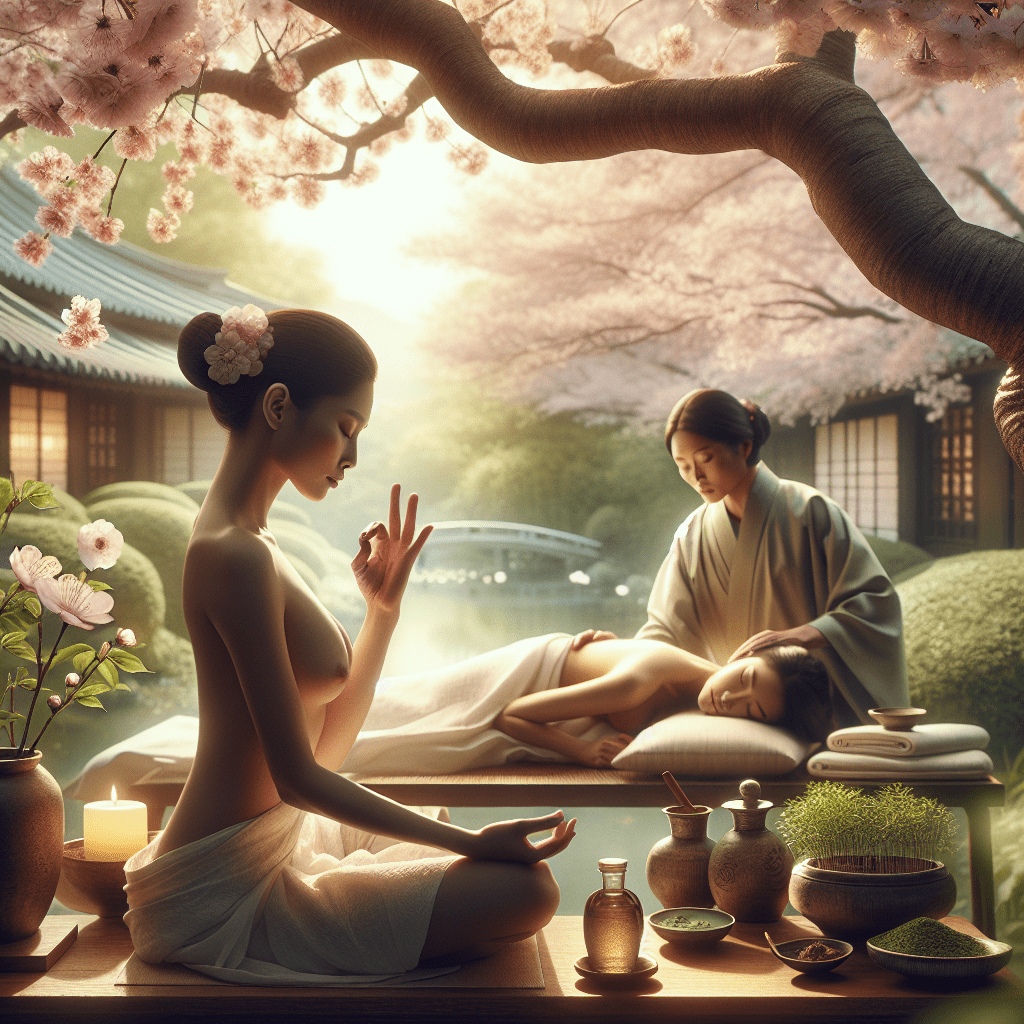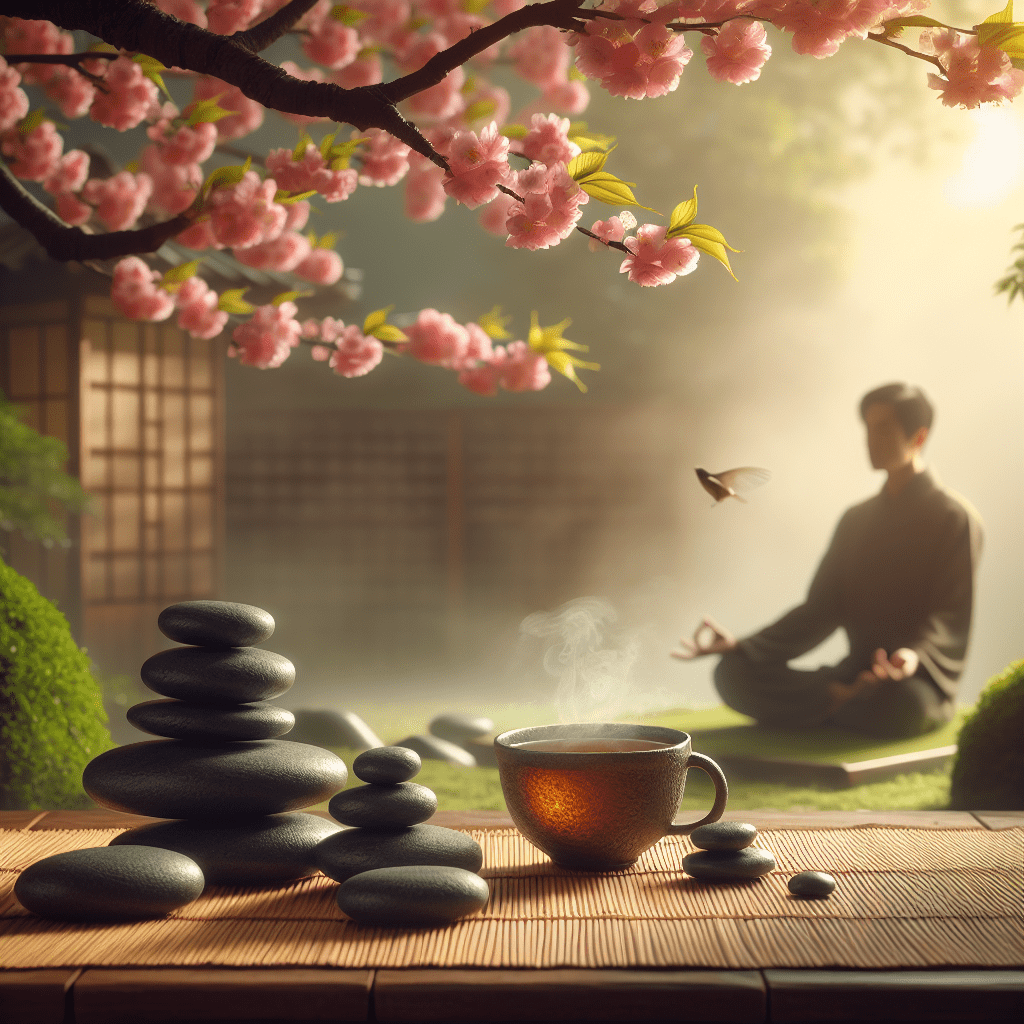In today’s fast-paced world, where stress levels soar and health challenges multiply, many of us are seeking more comprehensive approaches to wellness. This is where holistic health coaching steps in – not just as a trendy concept, but as a profound pathway to genuine well-being that addresses who we are as complete human beings.
Holistic health coaching views wellness through a wider lens, recognizing that true health emerges when our mind, body, and spirit work in harmony. Unlike conventional health approaches that might focus solely on physical symptoms, holistic coaching embraces the whole person, acknowledging that emotional well-being, mental clarity, and spiritual connection are equally vital to our health journey.
This approach is gaining remarkable traction among health-conscious individuals who are looking beyond quick fixes and symptom management. People are increasingly drawn to natural wellness solutions that offer sustainable, long-term benefits without unwanted side effects. As our understanding of health evolves, we’re witnessing a beautiful revival of ancient wisdom, particularly from Eastern traditions, that complements our modern scientific knowledge.
The Timeless Wisdom of Eastern Mind-Body Practices
Ancient wisdom meets modern science in these timeless practices that nurture both mind and body.
Eastern philosophies have long understood what Western science is now confirming: the mind and body are inseparable partners in health. These ancient traditions offer us practical tools for achieving the harmony and balance our modern lives often lack.
Meditation stands as perhaps the most widely embraced Eastern practice in contemporary wellness. This simple yet profound act of mindful awareness trains our attention to remain present, reducing the stress that fuels countless health issues. Research consistently shows that regular meditation can lower blood pressure, improve sleep quality, and even strengthen immune function. Many holistic health coaches begin client relationships by introducing simple meditation practices that can be integrated into even the busiest schedules.
“Meditation isn’t about becoming a different person or even a better person,” shares one holistic health practitioner. “It’s about training awareness and getting a healthy perspective on the thoughts that drive our behaviors.”
Tai Chi, often described as “meditation in motion,” offers another pathway to mind-body integration. This gentle martial art combines flowing movements with breath control and mental focus, making it particularly beneficial for improving balance, flexibility, and cardiovascular health. For those struggling with chronic pain or mobility issues, Tai Chi provides a gentle entry point into physical activity that simultaneously calms the nervous system.
Yoga, perhaps the most popular Eastern practice in Western wellness circles, brings together physical postures, breathing exercises, and meditation. Beyond its obvious physical benefits of increased strength and flexibility, yoga teaches practitioners to develop body awareness and honor their physical limitations – lessons that extend well beyond the mat. Different yoga styles offer varied benefits, from the gentle restoration of Yin yoga to the energizing flow of Vinyasa, allowing individuals to find practices that align with their unique needs.
These mind-body practices share a common goal: to help us achieve balance by connecting with ourselves more deeply. They remind us that wellness isn’t something we achieve through external interventions alone, but through conscious awareness and intentional living.
Energy Healing: Ancient Wisdom for Modern Vitality
Discover the subtle but powerful energetic systems that have supported wellness for centuries.
While Western medicine excels at understanding the biochemical and structural aspects of health, Eastern traditions have developed sophisticated systems for working with something less tangible but equally important – our energy.
Reiki, a Japanese energy healing technique, works on the principle that life force energy flows through all living beings. During a Reiki session, practitioners place their hands lightly on or just above the client’s body, serving as channels for healing energy to flow where it’s most needed. Though the mechanisms aren’t fully understood by Western science, many recipients report profound relaxation, emotional release, and accelerated healing.
One client described her experience: “After my first Reiki session, I felt a deep sense of calm I hadn’t experienced in years. The chronic tension in my shoulders eased, and I slept better that night than I had in months.”
Acupuncture, a cornerstone of Traditional Chinese Medicine (TCM), has gained substantial recognition even in conventional medical settings. This practice involves inserting thin needles at specific points along energy meridians to remove blockages and restore balanced flow of qi (vital energy). Research has demonstrated acupuncture’s effectiveness for pain management, stress reduction, and supporting treatment for various chronic conditions.
What makes these energy healing practices particularly valuable in holistic health coaching is their emphasis on preventative care. Eastern traditions don’t wait for disease to manifest before taking action – they recognize subtle energy imbalances as early warning signs that can be addressed before physical symptoms appear. By incorporating energy awareness into their coaching, holistic practitioners help clients tune into their body’s subtle signals and take proactive steps toward balance.
Bridging East and West: An Integrated Approach to Wellness
The future of wellness lies not in choosing sides, but in creating harmony between diverse healing traditions.
The most effective holistic health coaching doesn’t require choosing between Eastern wisdom and Western medical advances – it thoughtfully integrates both traditions to create truly comprehensive care.
This integration is evident in modern approaches to mental health, where meditation and mindfulness practices are increasingly incorporated into therapy protocols. Neuroscience research has validated what meditation practitioners have known for millennia: mindfulness practices physically change our brains, strengthening areas associated with attention, emotional regulation, and resilience while reducing activity in regions linked to stress and anxiety.
Nutrition offers another powerful example of East-West integration. While Western nutritional science provides detailed understanding of macronutrients, vitamins, and minerals, Eastern traditions contribute wisdom about the energetic qualities of foods and seasonal eating patterns. A holistic health coach might draw on both traditions, recommending foods that not only meet nutritional requirements but also balance a client’s unique constitution according to principles like TCM or Ayurveda.
For physical wellness, many integrative practitioners now combine conventional exercise science with Eastern movement disciplines. This might look like a fitness program that incorporates strength training for muscle development while also including Qigong practices for energy cultivation and internal awareness.
What makes this integrated approach so powerful is that it addresses health on multiple levels simultaneously – physical, mental, emotional, and spiritual. By drawing from diverse traditions, holistic health coaching offers personalized pathways to wellness that honor each individual’s unique needs and preferences.
Creating Your Comprehensive Self-Care Routine
Wellness is a daily practice—here’s how to integrate ancient wisdom into your modern life.
Holistic health coaching emphasizes that wellness isn’t something that happens to us – it’s something we actively create through daily choices and practices. Inspired by Eastern wisdom and supported by modern understanding, here are key elements to consider in developing your comprehensive self-care routine:
Physical nourishment: Beyond just counting calories or following diet trends, consider how your food choices affect your energy, mood, and overall vitality. Eastern traditions teach us to eat seasonally, choose foods appropriate for our individual constitution, and view mealtime as a sacred practice rather than a rushed necessity.
Mindful movement: Find physical activities that not only strengthen your body but also bring you joy and help you develop greater awareness. This might include both conventional exercise and practices like yoga or Tai Chi that integrate breath, movement, and intention.
Stress management: Chronic stress undermines health on every level. Regular meditation, breathwork, or other mindfulness practices help activate your parasympathetic nervous system – your body’s natural relaxation response – and build resilience against daily stressors.
Sleep hygiene: Both Eastern and Western traditions recognize quality sleep as fundamental to health. Create bedtime rituals that signal your body it’s time to rest, perhaps incorporating gentle stretching, meditation, or herbal teas known for their calming properties.
Environmental harmony: Eastern practices emphasize our connection to our surroundings. Consider how your home and work environments affect your energy and well-being, and make adjustments that support balance and peace.
Community connection: True wellness extends beyond individual practices to include healthy relationships and community support. Make time for meaningful connection with others who uplift and encourage your wellness journey.
The beauty of a holistic approach is that these elements work synergistically – improvements in one area naturally support growth in others. A holistic health coach can help you identify which aspects need most attention in your unique situation and develop sustainable practices that address your specific needs.
Ancient Traditions, Timeless Relevance
As we embrace holistic health coaching informed by Eastern wisdom, we’re actually reconnecting with approaches to healing that have sustained humanity for thousands of years.
Shamanic healing traditions, dating back to prehistoric times, recognized the spiritual dimensions of health long before modern psychology acknowledged the impact of mental and emotional factors on physical wellbeing. These ancient practitioners understood that healing often requires addressing imbalances on multiple levels – something modern holistic coaches continue to emphasize.
The Hippocratic tradition, foundation of Western medicine, originally embraced many principles we now associate with Eastern approaches. Hippocrates himself emphasized the body’s innate healing capacity, the importance of nutrition and lifestyle, and the interconnection between physical, environmental, and emotional factors in health – concepts that remain central to holistic health coaching today.
What’s remarkable is how these ancient insights continue to prove their relevance in our modern context. As science advances, it increasingly validates traditional wisdom, helping us understand the mechanisms behind practices that have supported human health for generations.
Embracing Eastern Wisdom for Your Modern Wellness Journey
As you consider your own health and wellness path, the integration of Eastern wisdom offers a rich resource for creating balance in our often chaotic modern lives. Holistic health coaching provides a framework for applying these timeless principles in practical, personalized ways.
This journey isn’t about abandoning modern advances or following rigid practices from another cultural context. Rather, it’s about thoughtfully combining diverse traditions to create an approach to wellness that addresses your complete being – body, mind, and spirit.
For those interested in exploring how Eastern wisdom can enhance their wellness journey, EASTCHI AI by HerbalsZen offers a unique bridge between ancient knowledge and modern technology. This innovative tool combines 2,000-year-old Eastern medical theories with cutting-edge artificial intelligence to provide personalized nutrition plans, lifestyle recommendations, and health support based on your individual constitution.
By analyzing your constitutional type through the lens of Five Element Theory and providing seasonal dietary guidance, EASTCHI AI makes the profound wisdom of Eastern medicine accessible and applicable to contemporary life. It embodies the Eastern understanding of food as medicine while making these concepts practical for today’s health-conscious individuals.
The path to true wellness isn’t found in following the latest health trends or seeking quick fixes. It emerges from a balanced approach that honors the wisdom of the past while embracing the knowledge of the present. Through holistic health coaching and tools like EASTCHI AI, you can discover how ancient Eastern wisdom can transform your modern wellness journey, helping you create a life of balance, vitality, and authentic well-being.




